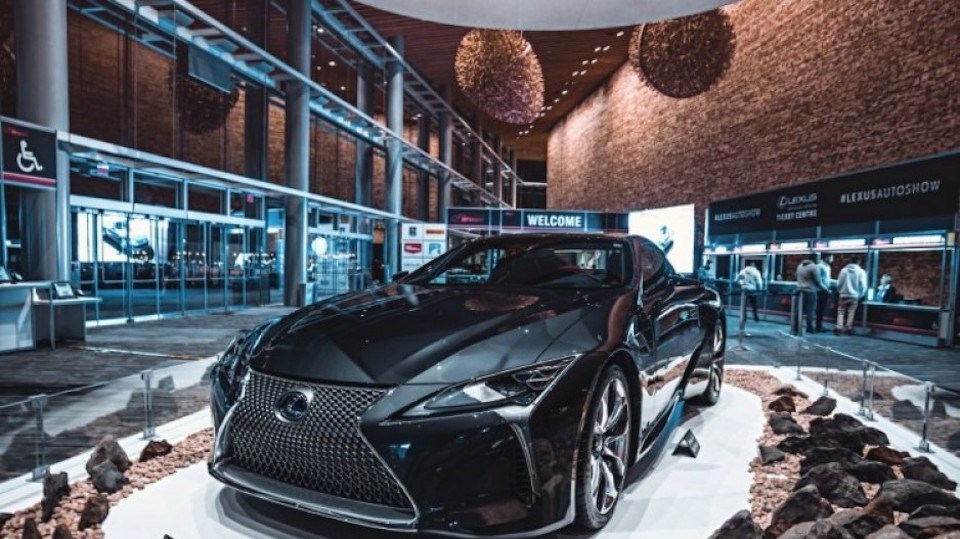The Â鶹´«Ã½Ó³»International Auto Show -- cancelled in 2020, 2021 and 2022 first by pandemic restrictions, followed by supply chain issues plaguing the automobile sector -- will again be cancelled in 2023, due to a lack of new cars and auto makers willing to showcase them.
The New Car Dealers Association had hoped the annual event would return in March 2023 to celebrate its 100th edition. The first Â鶹´«Ã½Ó³»auto show was held in 1920, and 2020 was to be its 100th edition.
The show had been scheduled to return to Â鶹´«Ã½Ó³»March 22 to 26, 2023 at the Â鶹´«Ã½Ó³»Convention Centre, but has now been cancelled.
“For the last several months, we have been working with vehicle manufacturers and other partners in anticipation of returning in-person to celebrate the 100th edition in the traditional Auto Show in March,” Blair Qualey, president of the New Car Dealers Association of BC, said in a press release.
“Unfortunately, ongoing global supply chain issues mean that a number of manufacturers and distributors are not in a position to commit to participating in many North American auto shows, including Vancouver. Without the solid participation of manufacturers, we are unable to produce the kind of quality show that both we and auto enthusiasts from across the province have come to expect.”
The annual auto show draws car enthusiasts from all over Canada and is an opportunity for automakers and car dealers to showcase new models. Past shows have drawn more than 100,000 attendees.
But nearly three years after a global pandemic disrupted global supply chains, automakers are still struggling to produce new models, particularly electric vehicles.
Computer chips – the lack thereof – have proven to be an Achilles heel for automakers. Semiconductors are used in pretty much everything electronic, and there was a big increase in demand for personal computers during the pandemic, as a result of so many people suddenly working from home.
The shutdown of computer chip factories in China, Taiwan and South Korea during pandemic lock-downs led to a backlog that chip manufacturers have still not been able to make up.
That has exacerbated a general shortage of computer chips for vehicles. Every car made in the world today requires dozens of microchips, and electric vehicles require twice as many as internal combustion engine vehicles.
So at a time when high gasoline prices are convincing many drivers to make the switch to electric vehicles, there are few new electric vehicles to be had.
"You just have to look at a new car dealers lot these days to see they're still pretty thin," Qualey told BIV News. "There just wasn't going to be enough vehicles from the manufacturers perspective to put on a decent exhibit."
According to Consumer Reports, despite high demand for new vehicles, auto manufacturers built 1.7 million fewer vehicles in 2021 than in 2019.
“And the war in Ukraine has disrupted the global supply of neon gas, which is used to make semiconductors,” Consumer Report notes.



